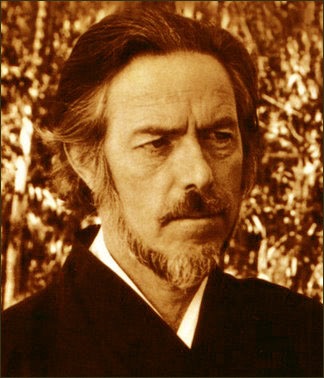
“Scientists – now familiar with field theory, ecological dynamics and the transactional nature of perception – can no longer see man as the independent observer of an alien and rigidly mechanical world of separate objects. The clearly mystical sensation of self-and-universe, or organism-and-environment, as a unified field or process seems to fit the facts.”
–Alan W. Watts (English-born American Philosopher, Writer, Speaker and Expert in Comparative Religion, 1915-1973)

“Behold the Spirit: A Study in the Necessity of Mystical Religion” (Alan W. Watts)
Filed under Ecology, Interconnection, Interdependence, Interrelationship, Mystical Experiences, Perception, Transpersonal Perspectives · Tagged with Alan Watts, Ecological Dynamics, Ecology, Field Theory, Interconnection, Interdependence, Process
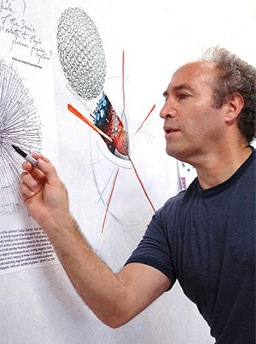
“In the thick of our views exists a common pattern of perception…. the pattern is a weave of united processes. We now need to see this ‘weave’ in the human nervous system and the cosmos’s system alike. The wider and sharper our vision becomes – and the more flexible our definitions of these systems become – the more the conceptual boundaries between the beholder (brain) and the beheld (universe) will overlap.”
–Todd Siler (American Visual Artist, Educator, Inventor and Author, 1953-)

“Breaking the Mind Barrier” (Todd Siler)
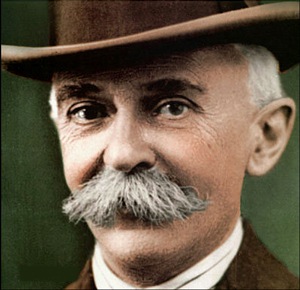
Today’s comment may seem a bit stern and unappealing, but he is really saying something very important. Most of us do well if we are presented with effort-based rewards: you do something well, or you go the extra mile and you get some kind of payoff.
On the other hand, there is increasing evidence that one of the problems that we face has to do with unearned rewards: people getting accolades and awards – free stuff – without doing anything much to deserve it or them. And unearned rewards can actually have some quite negative effects on personal development.
“The most important thing in life is not the triumph but the struggle. The essential thing is not to have conquered but to have fought well.”
–Pierre de Frédy, Baron de Coubertin (French Historian, Educator and, as Founder of the International Olympic Committee, Considered the Father of the Modern Olympic Games, 1863-1937)
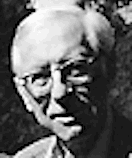
“Genius is not a function of genes or hormonal influences. Genius is process. It is correlated to the individual’s life cycle. Genius is dependent upon what the individual is doing or is determined to do with his or her native endowment.”
–Jan Ehrenwald (Hungarian-born American Physician, Psychiatrist, Parapsychologist and Writer, 1900-1988)
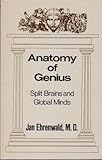
“Anatomy of Genius: Split Brains and Global Minds” (Jan Ehrenwald)













